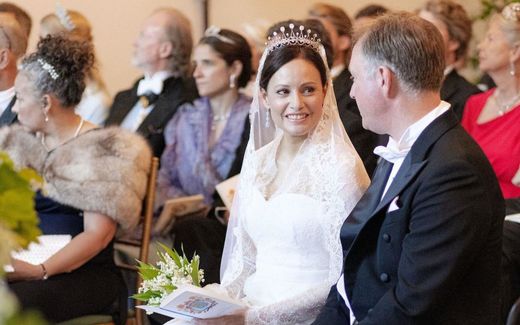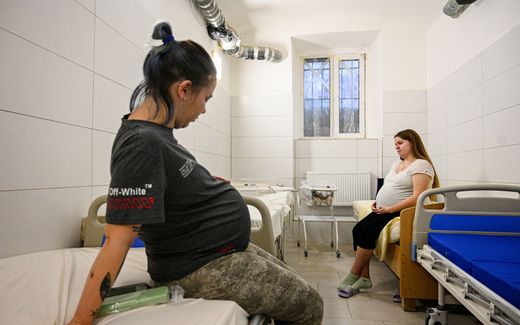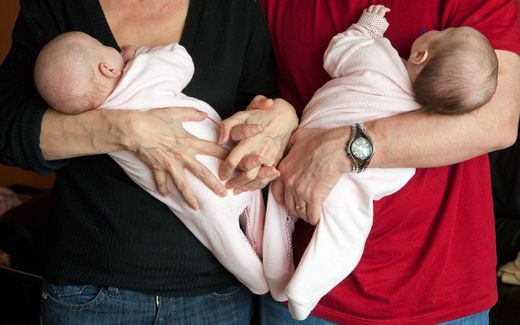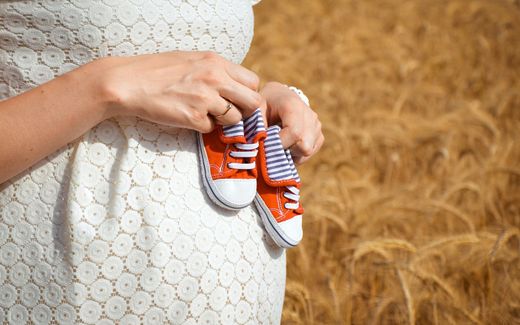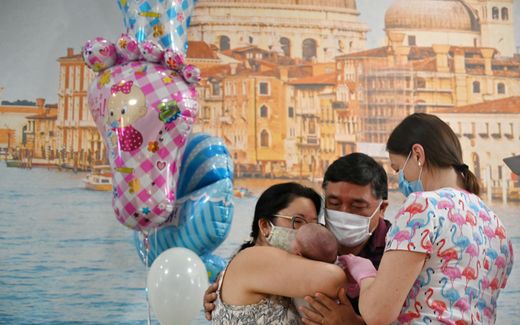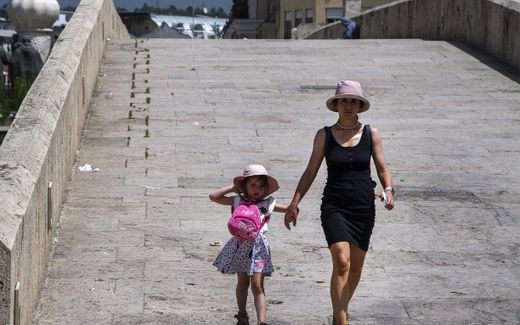Will Addy and her husband become official parents of surrogate child?
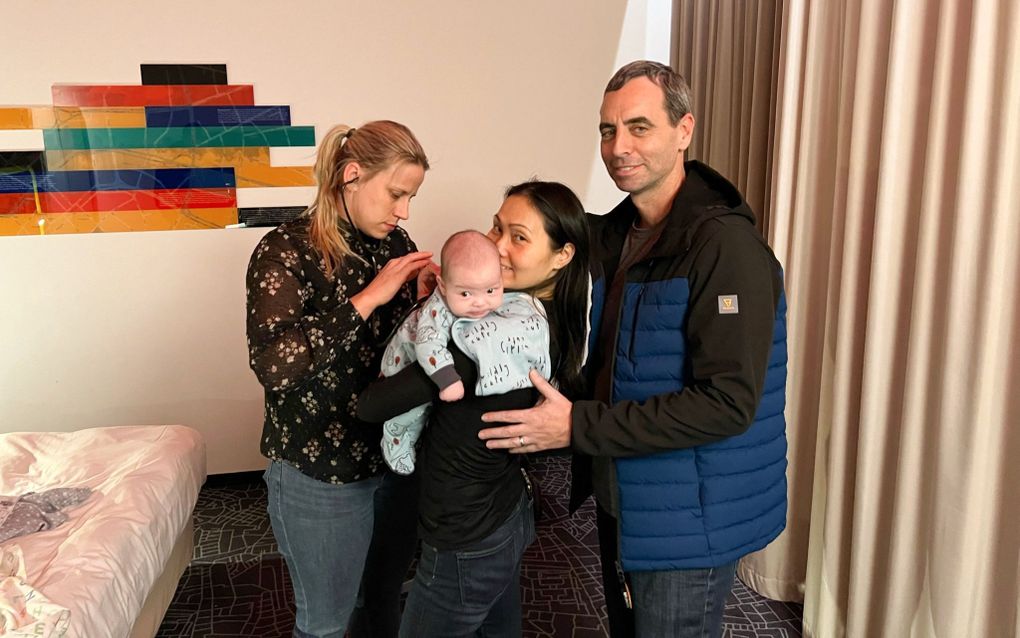
Two parents pick up their baby born via a surrogate mother. Image not related to content. Photo AFP, Dynamo
Northern Europe
Many Danes have a surrogate child from Ukraine. But even when the eggs and semen were Danish, are they the parents legally? The governments’ experts dare not give an advice but three models.
Addy Leidicher and her husband picked up their son from Ukraine. Even though the child is biologically theirs, he was born via a surrogate mother. And thus, the Danish state does not recognise their family relationship. However, the government now wants to make steps in this. But nobody knows how.
The current Danish law does not provide any options to establish a legal bond between parents and the child they received via surrogacy. However, the Danish government commissioned a special expert committee to look into the issue and see how this could be changed. Now, the experts have presented their report, Kristeligt Dagblad writes.
"It is really nice that something is now happening because the fact is that there are children coming to the country who are born to foreign mothers", Addy says to Kristeligt Dagblad. The fact that she is not recognised yet as the mother of her son leads to problems, "Right now, he cannot inherit from me. I cannot go, in principle, to the doctor with him or sign him up for kindergarten."
Dilemmas
On Wednesday, the experts committed by the government presented their findings. Their goal was to find a solution on how to "recognise parentage, while taking into account the child, woman giving birth and the interests of society." This is a complex problem because there are many ethical dilemmas with commercial surrogacy, Kristeligt Dagblad writes. The expert group was unable to agree on what is the most ethically sound model. It came up with three different models.
The first one does not present any requirements for the process with the surrogate mother. Instead, it is completely based on the recognition of the parenthood that has been determined abroad. For example, if Ukraine acknowledges that the intended parents are the legal parents of a child, then this recognition is taken over by Denmark.
The second model does also not make any requirements for the surrogacy process. However, it contains "a possible requirement" that the surrogate mother confirms the relinquishment of her child after the birth.
The third model requires a "number of objective conditions" for the recognition of parenthood in the case of commercial surrogacy. One of them is that the surrogate mother must be covered by health insurance, which must be paid by the intended parents. Also, she must go through an assessment to see if she is physically and mentally fit, and she must also be examined on whether she is at risk for exploitation.
Agreements
"The question is, should there be prerequisites for one's parentage to be recognised at the birth of the child?" says Thomas Ploug, a member of the expert group and professor of philosophy. He and the majority of the expert group recommend the third model. "Only that one ensures we get some ethically responsible frameworks made around commercial agreements", he says. "It is not only about solving a problem of legal parentage but also about protecting the child and the pregnancy donor (the surrogate mother, ed.)."
In addition, the third model gives the surrogate mother the right to withdraw her consent for giving up her child. According to the UN observer who participated in the expert group, this is necessary to avoid turning children into commodities.
Frank Høgholm Pedersen, an expert on family and inheritance law, is the only member of the committee that recommends model one. "The children get the best legal position by being recognised as their parents' children already when they are on the plane on their way home from where they were born. For children, model one is the fastest way to create clarity about their legal position. The model also creates security for the pregnancy host so that she does not hang on to parenthood she does not want, and for the intended parents", he explains.
According to Høgholm Pedersen, model three is problematic as the legal status of a child remains uncertain as long as the requirements are not met.
Child trafficking
The chair of the committee, Linda Nielsen, a member of LGBT Denmark and a lawyer specialising in surrogacy, propagates model two.
The chairman of the Ethics Council, Leif Vestergaard, supports model three. The Ethics Council has been worried about surrogacy turning into child trafficking. "I agree with the expert group's model three if it is the one that best ensures that we are free from agreements on surrogacy that can be equated with child trafficking", Vestergaard says. At the same time, the Ethic Council is not happy about surrogacy agreements that involve large sums of money.
The recommendations of the expert group will be used as a foundation for the political debate on the issue.
Related Articles


